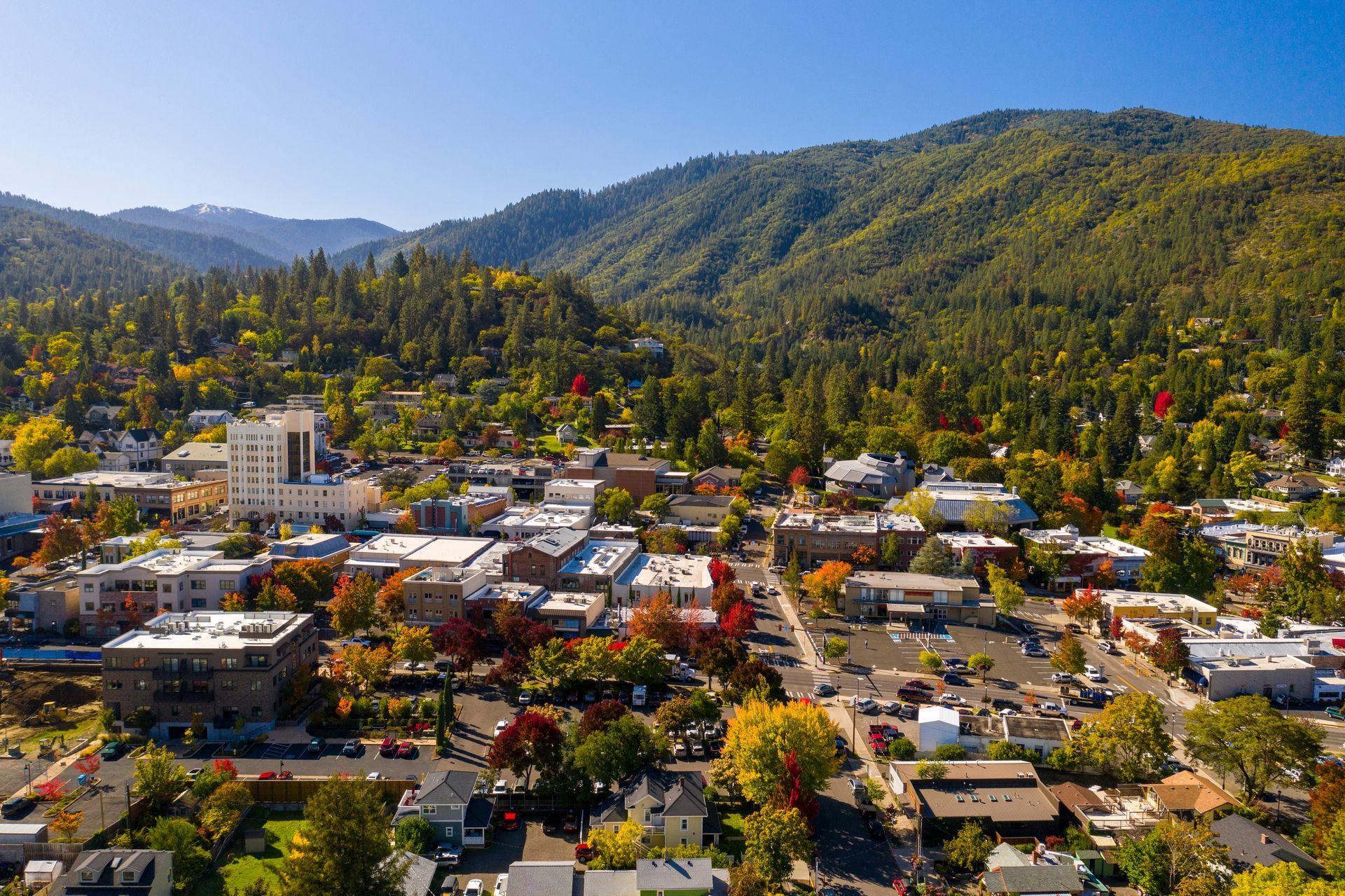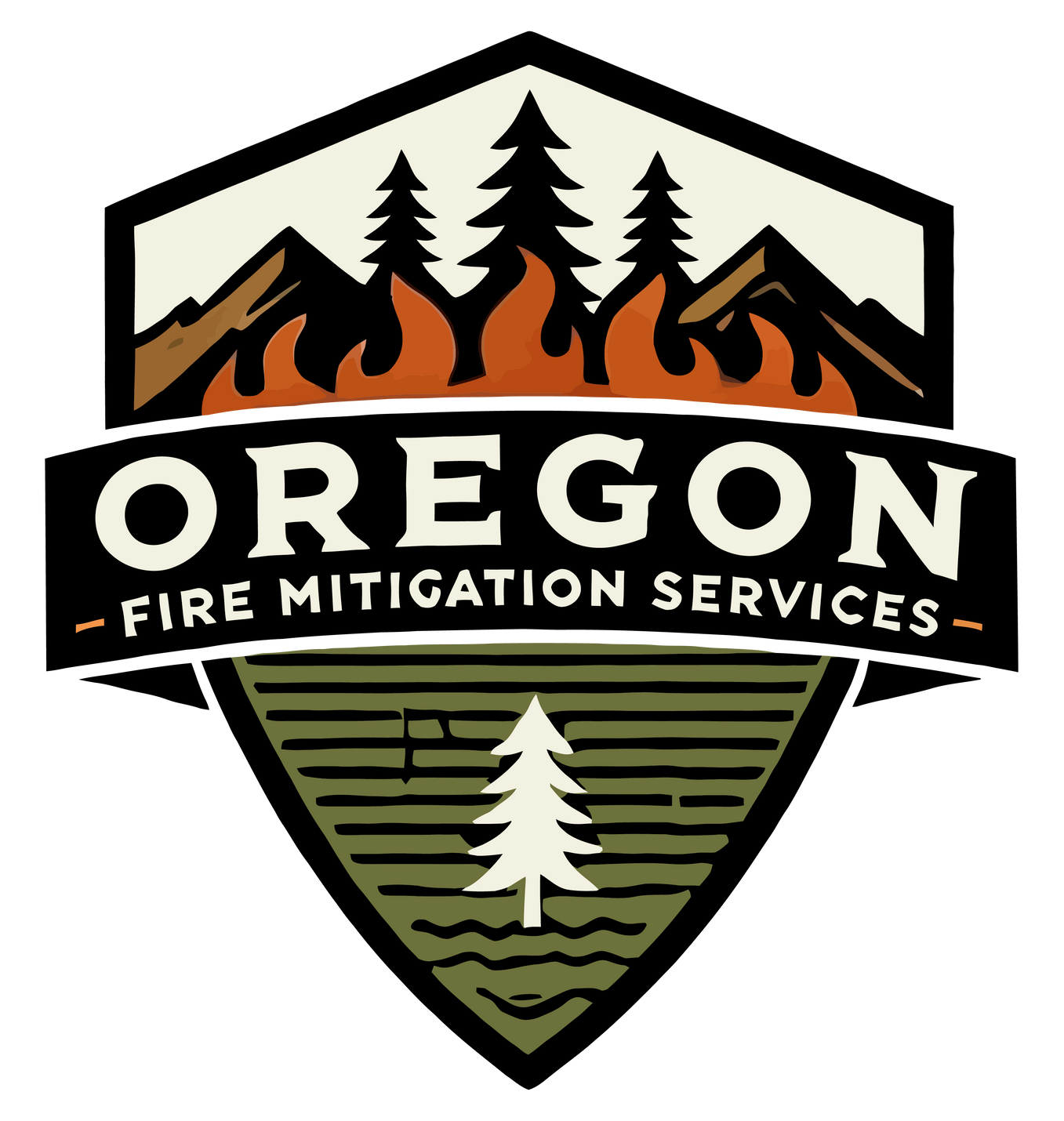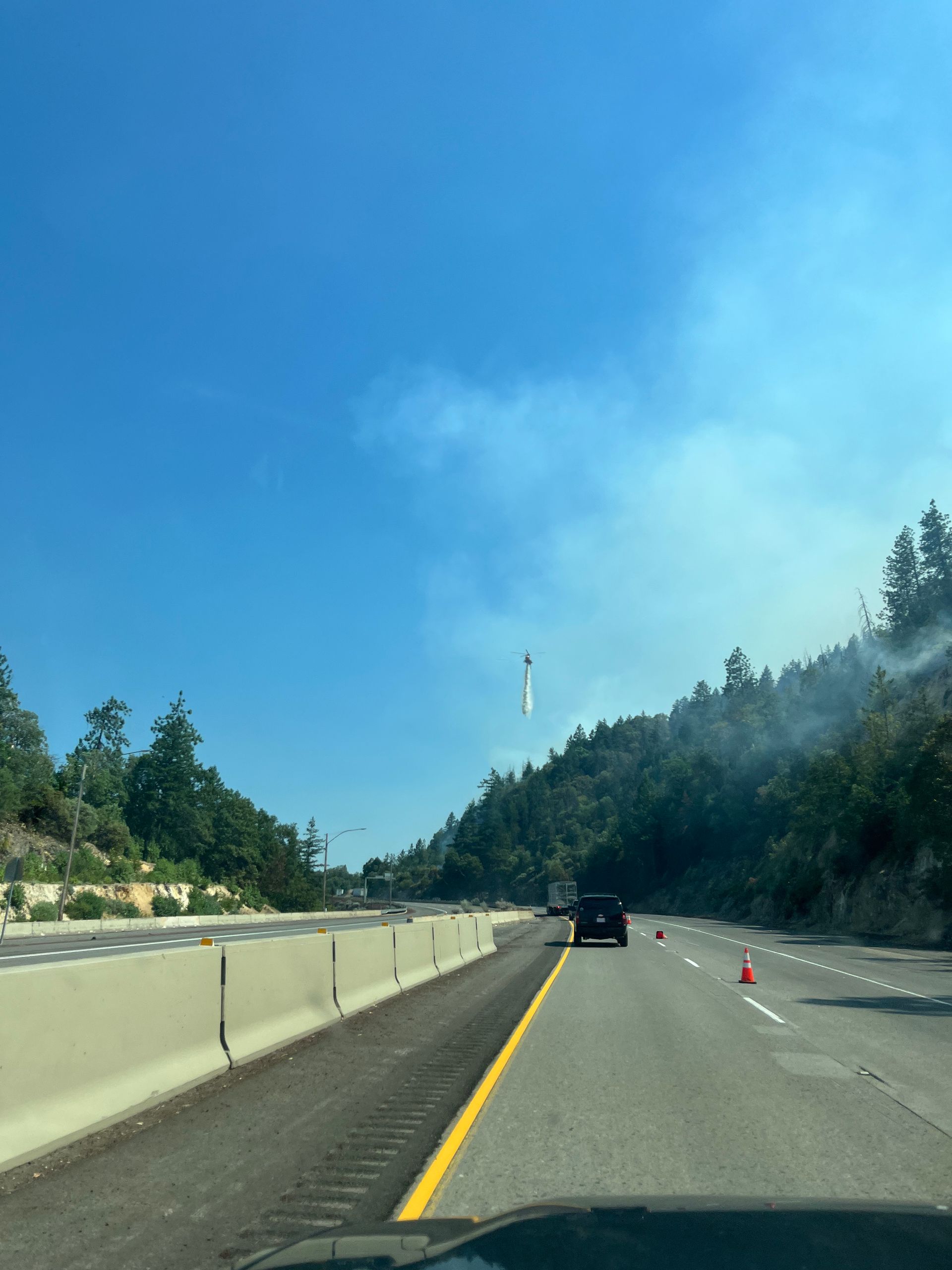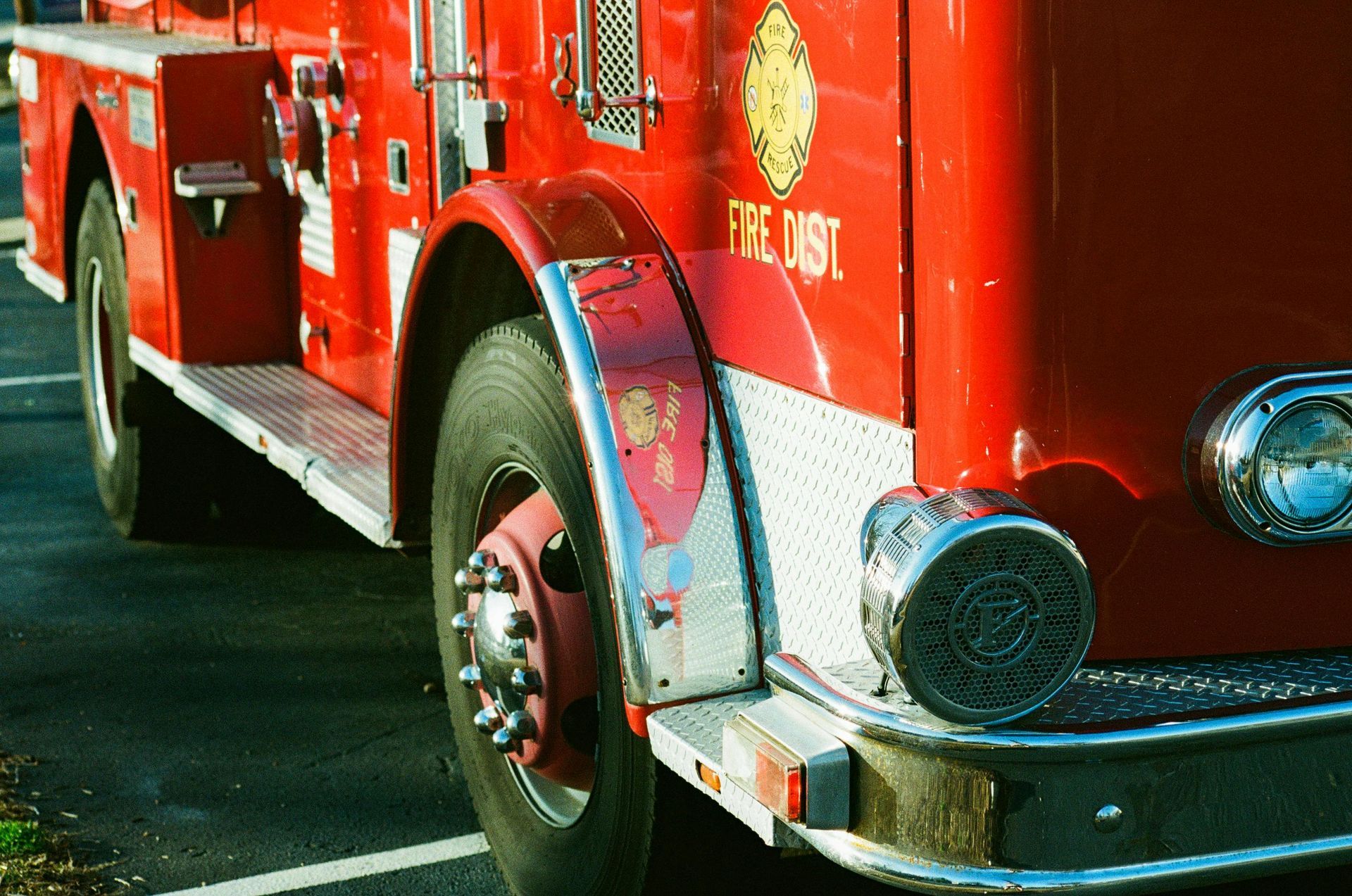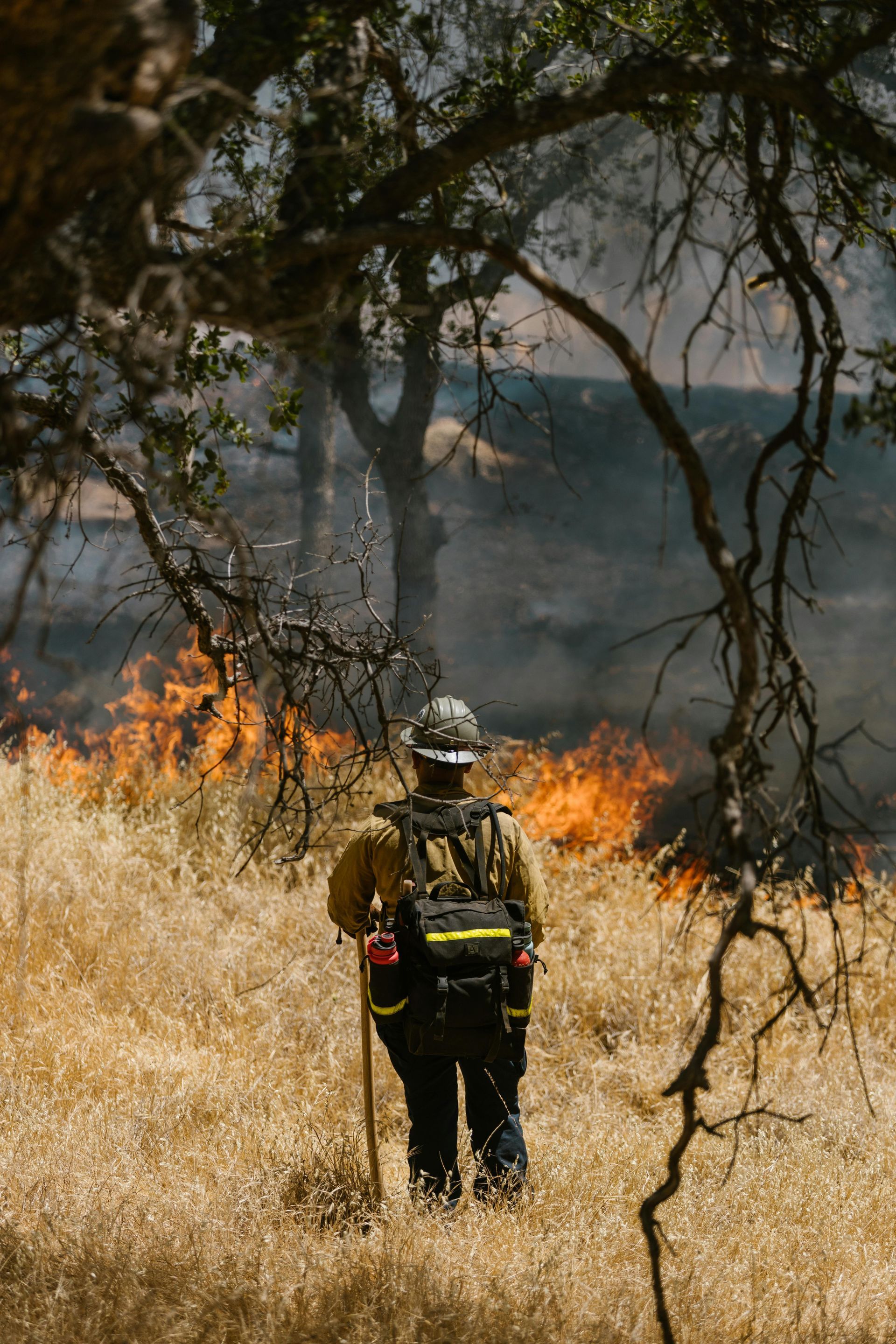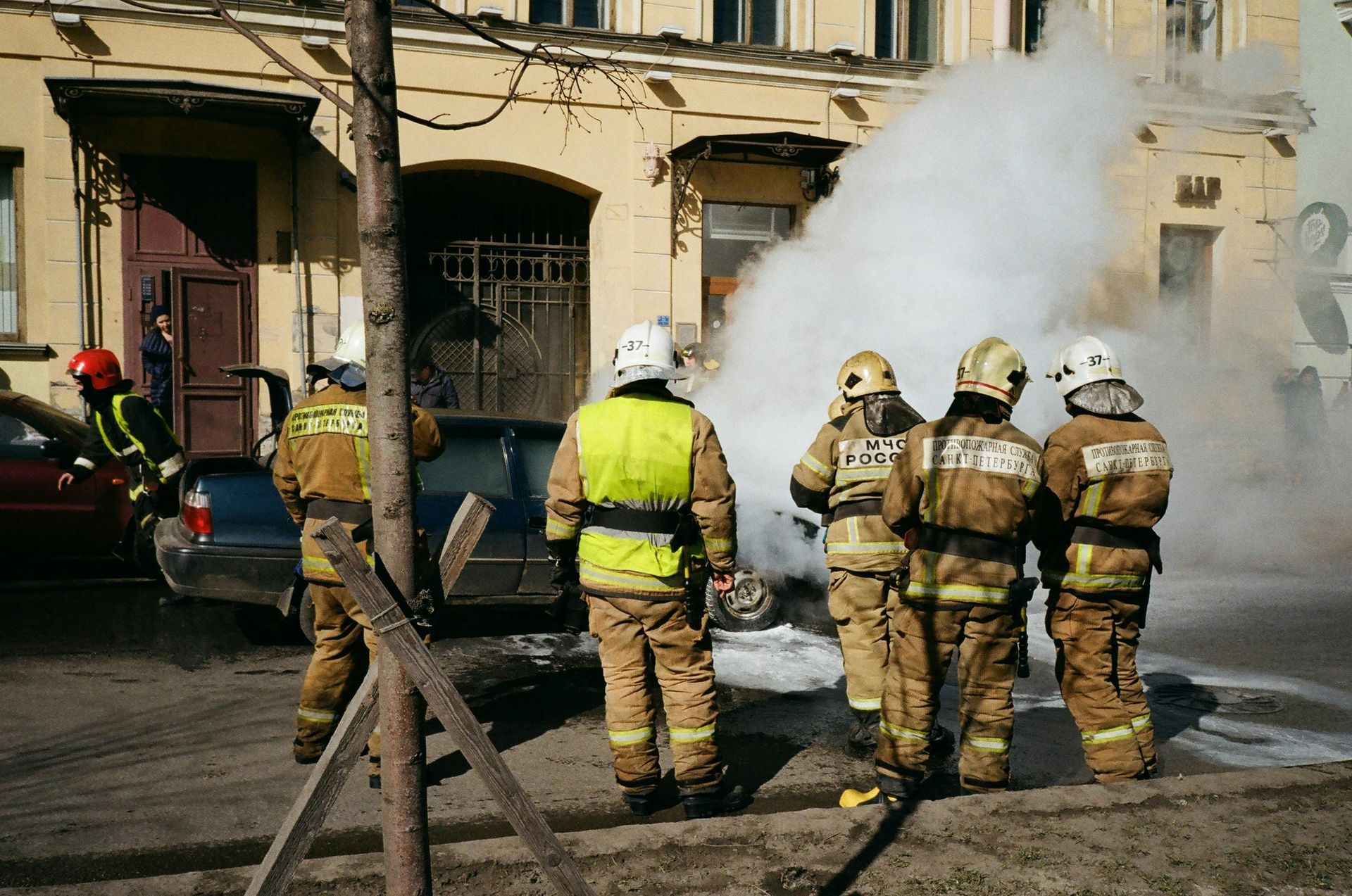Fire Safety Blog: Why Insurance Compliance is Critical for Southern Oregon Homeowners
Fire Safety Blog:
Why Insurance Compliance is Critical for Southern Oregon Homeowners
Introduction
In Southern Oregon, communities like Roseburg, Eugene, Canyonville, Medford, Ashland, and Grants Passface growing wildfire risks. High-profile fires, such as the Palisades Fire in California, the Lahaina Fire, and the broader Maui Fire in Hawaii, serve as stark reminders of the devastating consequences of wildfires. For homeowners in wildfire-prone areas, compliance with insurance company requirements is not just a formality—it’s a critical step to ensure coverage and financial protection. This post explores the importance of adhering to insurance guidelines, highlights real-world examples of policy cancellations before major fires, and examines the severe consequences faced by property owners who lost coverage.
The Growing Wildfire Threat in Southern Oregon
Southern Oregon’s dry summers, dense forests, and expanding wildland-urban interface (WUI) make areas like Medford, Ashland, and Grants Pass particularly vulnerable to wildfires. The Canyonville area, for instance, saw the Milepost 97 Fire in 2019, which burned 6,000 acres and impacted air quality across Roseburg and surrounding communities. Similarly, the 2020 Labor Day fires devastated parts of Southern Oregon, underscoring the need for preparedness.
Drawing parallels, the Lahaina Fire and Maui Fire in 2023 destroyed thousands of homes, with many homeowners unprepared for the financial fallout. The Palisades Fire in Pacific Palisades, California, in 2024 further highlighted how wildfire risks are reshaping insurance markets, leaving homeowners scrambling for coverage. These events emphasize that compliance with insurance requirements—such as home hardening and defensible space—is non-negotiable.
Insurance Compliance: What It Means
Insurance companies assess wildfire risk based on factors like property location, vegetation, and fire-resistant building materials. In Southern Oregon, insurers may require homeowners in Eugene, Roseburg, or Ashland to:
- Clear defensible space by removing flammable vegetation within 30–100 feet of structures.
- Use fire-resistant materials, such as metal roofs or non-combustible siding.
- Maintain accessible driveways for emergency vehicles.
- Document compliance through inspections or photos.
Failure to meet these standards can lead to policy cancellations or non-renewals, leaving homeowners vulnerable. In Medford and Grants Pass, where premiums have doubled or quadrupled due to wildfire risks, compliance can also unlock discounts or stabilize rates.
Policy Cancellations: A Growing Trend
Insurance companies are increasingly pulling back from high-risk areas. In Southern Oregon, major insurers like State Farm, Travelers, and Nationwide have limited new policies in rural areas near Ashland, Medford, and Grants Pass, forcing homeowners to rely on the FAIR Plan, an insurer of last resort with limited coverage.
Case Study: Southern Oregon
In Ashland, homeowner Barbara Klein saw her Allstate premium triple from $556 in 2019 to over $1,400 in 2023 due to wildfire risks. When she sought a cheaper alternative, Amica declined her application, citing high fire risk in her area. Similarly, in Grants Pass and Cave Junction, FAIR Plan applications surged between 2022 and 2023 as traditional insurers exited the market.
Pre-Fire Cancellations: The Palisades Fire
Before the Palisades Fire in 2024, State Farm dropped approximately 1,600 policies in Pacific Palisades, California. This left about 1 in 7 homeowners reliant on the FAIR Plan, which offered coverage far below the $3.1 million median home value in the area. When the fire struck, underinsured homeowners faced catastrophic financial losses, unable to rebuild without sufficient coverage.
Lessons from the Lahaina and Maui Fires
The Lahaina Fire and Maui Fire in 2023 exposed similar issues. Many Maui homeowners had policies canceled or faced steep premium hikes before the fires due to Hawaii’s growing wildfire risks. Post-fire, underinsured property owners struggled to recover, with some unable to afford rebuilding costs. The lack of compliance with insurance requirements, such as clearing vegetation, often led to coverage denials, exacerbating financial ruin.
Consequences for Property Owners
The consequences of policy cancellations or non-compliance are dire, especially after a wildfire. Property owners in Roseburg, Eugene, Canyonville, and beyond face:
- Financial Devastation: Without insurance, rebuilding costs fall entirely on homeowners. For example, an Ashland homeowner on Dead Indian Memorial Road needed $1.5 million in coverage but could only secure $600,000 through the FAIR Plan.
- Limited Coverage Options: After cancellations, homeowners often turn to the FAIR Plan, which caps coverage and excludes additional risks like liability or temporary housing.
- Increased Premiums: Even compliant homeowners in Ashland and Grants Pass face premiums up to 600% higher than four years ago, straining budgets.
- Loss of Property Value: Uninsured or underinsured properties are less attractive to buyers, depressing real estate markets in high-risk areas like Canyonville or Medford.
The Palisades Fire and Maui Fire showed that underinsured homeowners often face years of debt or are forced to relocate, unable to rebuild. In Southern Oregon, the 2020 Labor Day fires left similar stories, with some Grants Pass residents still recovering due to inadequate coverage.
How to Stay Compliant and Protected
To avoid cancellations and ensure coverage, Southern Oregon homeowners in Roseburg, Eugene, Canyonville, Medford, Ashland, and Grants Pass should:
- Conduct Regular Maintenance: Clear defensible space and remove debris annually, especially before fire season (June–October).
- Invest in Home Hardening: Upgrade to fire-resistant roofs, siding, and windows. Oregon’s Senate Bill 1511 offers grants for such efforts.
- Document Compliance: Keep records of mitigation efforts, including photos and receipts, to share with insurers.
- Work with Local Agents: In Medford or Ashland, agents like Reinholdt & O’Harra can advocate for homeowners, as seen when an agent reversed a cancellation for a Grants Pass couple.
- Stay Informed: Check the Oregon Statewide Wildfire Hazard Map (hazardmap.forestry.oregonstate.edu) to understand your property’s risk level, but note that insurers use their own risk models.
Legislative Efforts and Community Action
Oregon lawmakers, like Sen. Jeff Golden of Ashland, are addressing the insurance crisis. Senate Bill 80 and Senate Bill 1511 aim to update wildfire hazard maps and fund neighborhood protection groups to enhance defensible space in Medford, Grants Pass, and beyond. Community efforts, such as Ashland’s Better Prepared Wildfire Series, also empower residents to mitigate risks.
Conclusion
For Southern Oregon homeowners in Roseburg, Eugene, Canyonville, Medford, Ashland, and Grants Pass, compliance with insurance requirements is a lifeline against the growing threat of wildfires. The Palisades Fire, Lahaina Fire, and Maui Fire illustrate the devastating consequences of policy cancellations and underinsurance. By maintaining defensible space, investing in home hardening, and working closely with insurers, property owners can protect their homes and financial futures. Stay proactive, stay compliant, and stay safe.
For more resources, visit wildfire.oregon.gov or contact your local insurance agent.
Have wildfire safety questions? Contact our certified team
